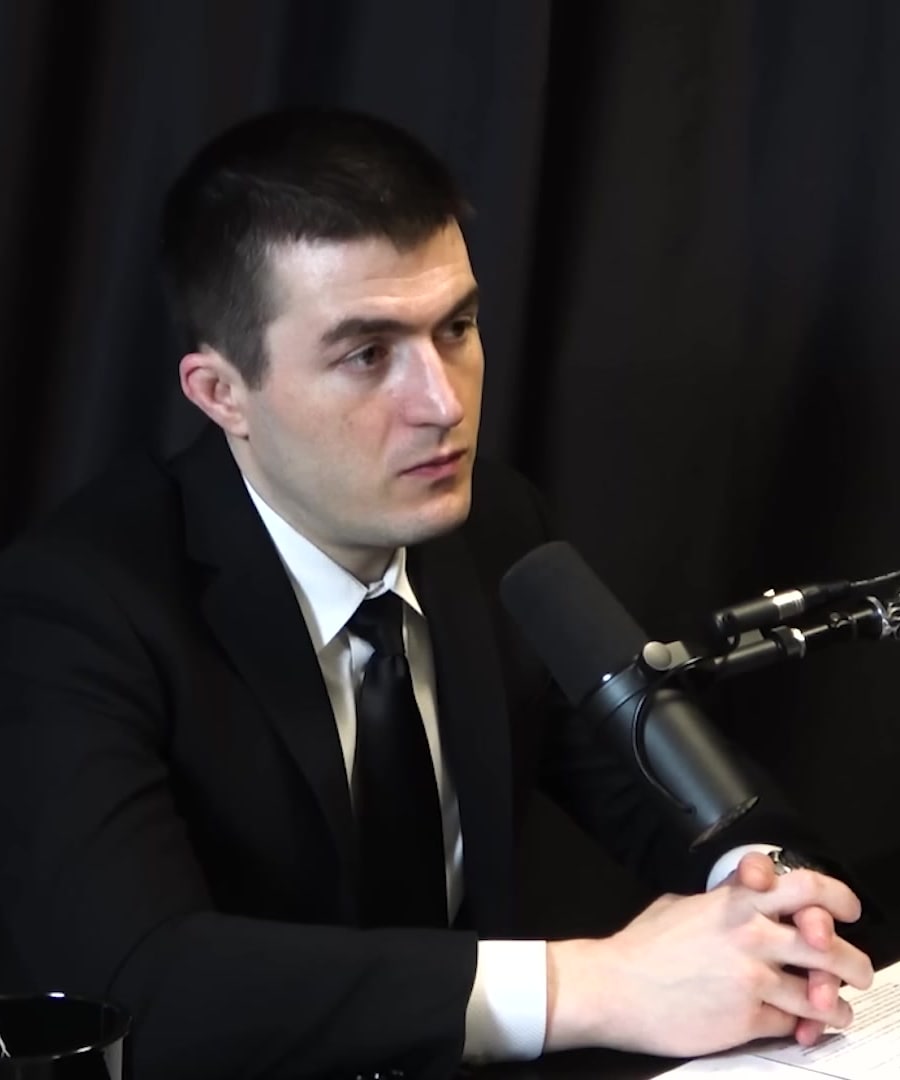Off label prescription
Sources:
Off-label prescription refers to the practice where a drug approved for one purpose is prescribed for a different purpose without going through a new drug approval process. This practice occurs because the FDA doesn't regulate the practice of medicine, allowing doctors to prescribe drugs for unapproved purposes, though these are often not covered by insurance and could involve legal risks related to malpractice.
For example, by the end of 2023, it was anticipated that the FDA would approve the prescription use of MDMA for PTSD treatment, and this could open doors to its off-label use for other conditions like social anxiety. Similarly, in discussing the flexibility afforded to medical professionals versus regulatory bodies, it was noted that while the FDA oversees the approval of drugs, they do not control how these drugs are prescribed once approved, thus allowing off-label prescribing as a common practice 1 2.
Off-label prescription is often discussed in the context of expanding treatment options and individualizing patient care, but also raises important questions of safety, efficacy, and ethical medical practice.
RELATED QUESTIONS

